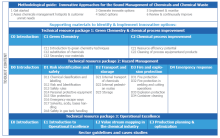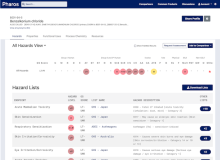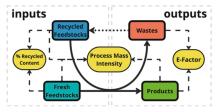Hansen Solubility Parameters in Practice (HSPiP)
Over 50 years of successful applications of Hansen Solubility Parameters (HSP) are captured in one package. HSPiP is an eBook, Software, a collection of Datasets and Working Examples all in one package. There are now HSP and other data on 10,000 chemicals in the current edition. The software doesn’t just calculate and visualise HSP in 3D, it has a solvent optimizer (up to 8 solvents, plus graphing of solvent mixture changes depending on Relative Evaporation Rates, Activity Coefficients and temperature), a polymer calculator, a DIY HSP calculator, a powerful Diffusion modeller.




